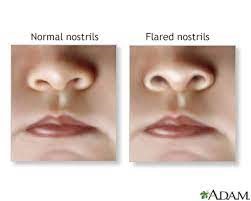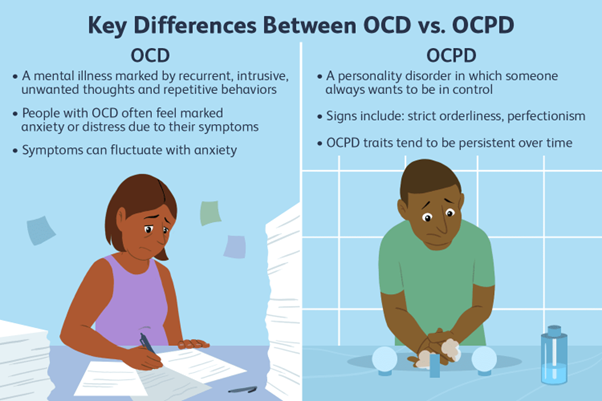A nurse is caring for a client who is pregnant.
Exhibit 1
Nurses' Notes
1000:
The client reports repeated episodes of vomiting and two episodes of diarrhea in past 24 hr. Client is at 18 weeks of gestation and reports a history of nausea and vomiting for the past 12 weeks.
1015:
IV fluids initiated. Prochlorperazine administered via intermittent IV bolus.
1100:
Client reports improvement in nausea. Ice chips provided. Client voided 50 mL of dark yellow urine.
1500:
Client tolerating fluids well. Ate four graham crackers without emesis. Has voided 300 mL of amber-colored urine.
Exhibit 2
Vital Signs
1000:
Temperature 36.8° C(98.2° F)
Heart rate 112/min
Respiratory rate 20/min
Blood pressure 100/65 mm Hg
SaO 97% on room air
1200:
Temperature 37° C(98.6° F)
Heart rate 102/min
Respiratory rate 20/min
Blood pressure 104/70 mm Hg
SaO2 98% on room air
1500:
Temperature 36.8° C(98.2° F)
Heart rate 90/min
Respiratory rate 18/min
Blood pressure 110/72 mm Hg
SaO2 97% on room air
For each discharge instruction, specify if each action is recommended or contraindicated for the client.
Alternate eating solid foods and liquids.
Eat every 2 to 3 hr.
Drink warm ginger ale when nauseated.
Increase intake of high-fat foods.
Recommended Contraindicated
Correct Answer : A,B,C,E
A. Recommended: Alternating between solids and liquids can help manage nausea and vomiting. It ensures that the stomach isn't overloaded and can help in maintaining hydration and nutritional intake. Drinking liquids between meals rather than with meals can prevent over-distension of the stomach, which may reduce nausea.
B. Recommended: Eating small, frequent meals helps keep the stomach from becoming too full or too empty, which can both trigger nausea. This practice ensures a steady supply of nutrients and calories, which is especially important during pregnancy.
C. Recommended: Ginger has properties that can help soothe nausea. Warm liquids are generally more tolerated than cold liquids.
D. High-fat foods are more difficult to digest and can slow gastric emptying, which may worsen nausea and vomiting. They can also increase the risk of acid reflux, which is common during pregnancy and can exacerbate nausea.
Recommended is correct. The nurse should indicate which actions are recommended for the client.
Nursing Test Bank
Naxlex Comprehensive Predictor Exams
Related Questions
Correct Answer is B
Explanation
A. Heart rate 136/min is a normal finding for a newborn. The normal range of heart rate for a newborn is 100 to 160/min.
B. Nasal flaring is an abnormal finding for a newborn. Nasal flaring indicates respiratory distress and may be caused by conditions such as pneumonia, meconium aspiration, or congenital heart defects.
C. Transient strabismus is a normal finding for a newborn. Transient strabismus is a temporary misalignment of the eyes that occurs due to weak eye muscles and poor coordination. It usually resolves by 3 to 6 months of age.
D. Overlapping of sutures is a normal finding for a newborn. Overlapping of sutures is caused by molding of the skull during delivery and allows the head to fit through the birth canal. It usually resolves within a few days after birth.

Correct Answer is A
Explanation
Choice A reason:
Goal – oriented is the correct answer. Obsessive-compulsive personality disorder (OCPD) is a personality disorder characterized by a pattern of preoccupation with orderliness, perfectionism, and control. Individuals with OCPD tend to be highly organized, detail-oriented, and focused on achieving their goals. They often set strict standards for themselves and others and are driven by a strong need for perfection in all aspects of their lives.
Choice B reason
Provocative behaviour is not a characteristic commonly associated with obsessive-compulsive personality disorder (OCPD). In fact, individuals with OCPD tend to be more reserved, cautious, and serious in their interactions with others.
Choice C reason:
Lack of empathy While individuals with OCPD may struggle with interpersonal relationships due to their rigid standards and expectations, they typically do not lack empathy. They might find it challenging to understand and relate to emotions or perspectives that do not align with their own, but this is different from a complete lack of empathy, which is more commonly seen in certain other personality disorders.
Choice D reason.
Lability refers to emotional instability or rapid and extreme shifts in emotions. This is not a typical feature of obsessive-compulsive personality disorder (OCPD). Individuals with OCPD tend to be emotionally restrained and might have difficulty expressing emotions, rather than experiencing emotional lability.

Whether you are a student looking to ace your exams or a practicing nurse seeking to enhance your expertise , our nursing education contents will empower you with the confidence and competence to make a difference in the lives of patients and become a respected leader in the healthcare field.
Visit Naxlex, invest in your future and unlock endless possibilities with our unparalleled nursing education contents today
Report Wrong Answer on the Current Question
Do you disagree with the answer? If yes, what is your expected answer? Explain.
Kindly be descriptive with the issue you are facing.
